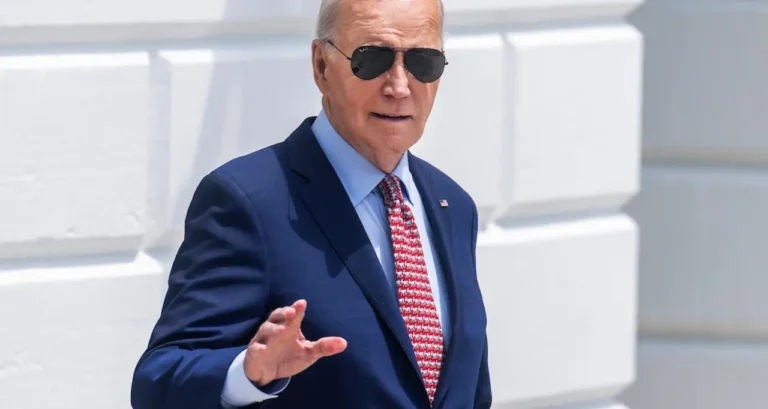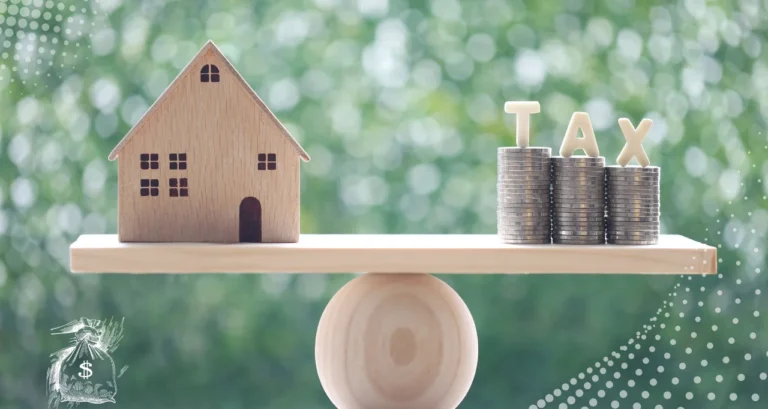New Jersey Real Estate Gap Financing Grant Program: Applications Now Open
The New Jersey Economic Development Authority (NJEDA) has officially opened the application process for the Real Estate Gap Financing Grant Program, a $10 million initiative aimed at supporting real estate development projects in distressed municipalities across the state. This program provides essential gap financing for commercial, mixed-use, cultural, and non-profit real estate projects that have been negatively affected by the economic impact of the COVID-19 pandemic.
The program, launched as a pilot in 2024, is designed to bridge the financial gap in projects that need additional funding to move forward. Developers and organizations in eligible municipalities can now apply for grants of up to 50% of their project’s total eligible costs, with a maximum grant of $5 million per project.
What Is the Real Estate Gap Financing Grant Program?
The Real Estate Gap Financing Grant Program is a $10 million pilot program that aims to provide gap funding for real estate development projects in 25 distressed municipalities in New Jersey. The goal of the program is to help developers complete commercial and community-use projects that might otherwise stall due to a lack of sufficient financing.
This program is part of the state’s broader economic recovery strategy, particularly in the wake of the COVID-19 pandemic. It focuses on revitalizing underdeveloped areas by supporting projects that will have a positive economic and community impact.
What Types of Projects Are Eligible?
The NJEDA has outlined a variety of project types that are eligible for funding under the Real Estate Gap Financing Grant Program. These include:
- Commercial/Office Developments
- Supermarkets and Grocery Stores
- Manufacturing Facilities
- Non-profit and Community-use Projects (excluding government-owned projects)
- Cultural Arts and Performing Arts Centers
- Mixed-use Developments
Each of these project types must be located in one of the 25 eligible distressed municipalities to qualify for the grant.
How Much Funding Is Available?
The Real Estate Gap Financing Grant Program will provide grants that cover up to 50% of total eligible project costs, with the minimum grant set at $500,000 and the maximum grant capped at $5 million per project. This funding can be used for substantial rehabilitation projects but excludes minor renovations like painting or floor replacement.
What Are the Key Eligibility Criteria?
To qualify for the Real Estate Gap Financing Grant, applicants must meet the following key eligibility criteria:
- Location: Projects must be located in one of the 25 distressed municipalities identified by the NJEDA.
- Project Type: Eligible projects include commercial, mixed-use, cultural, and non-profit development projects.
- Substantial Rehabilitation: The project must involve substantial rehabilitation, which means significant renovation or reconstruction work that requires a new certificate of occupancy before reoccupation.
- Deed Restriction: Applicants must agree to a five-year deed restriction, which ensures that the property will not change its proposed use for at least five years after project completion.
- Compliance with Prevailing Wage Law: All contractors and subcontractors working on the project must comply with New Jersey’s prevailing wage laws and the Public Works Contractor Registration Act.
Projects that have already started construction, including demolition or remediation, are not eligible for this program. Construction can only begin once the NJEDA has approved the application.
What Are the Application Deadlines?
The NJEDA is currently accepting applications, and the deadline to apply is Wednesday, January 8, 2025, at 5:00 p.m. Applicants are encouraged to submit their proposals as early as possible to ensure they have time to gather all required documentation.
What Documents Are Required?
Applicants must provide several key documents when submitting their applications. These include:
- Tax Clearance Certificate: Applicants must demonstrate good standing with the New Jersey Division of Taxation by providing a current tax clearance certificate.
- Good Standing with State Agencies: The applicant must also be in good standing with the New Jersey Department of Labor and Workforce Development, the New Jersey Department of Environmental Protection, and the NJEDA.
- Project Readiness: A clear plan for project readiness, including the ability to complete the project within the program timeline, is critical. All program funds must be spent by December 31, 2026, in accordance with U.S. Treasury requirements.
What Is “Substantial Rehabilitation”?
To qualify as substantial rehabilitation, the project must involve more than minor repairs. According to New Jersey regulations (N.J.A.C. 5:23-6.3), “substantial rehabilitation” means any project where the work is significant enough that the space cannot be occupied while the work is being done. Furthermore, the project will require a new certificate of occupancy before reoccupation.
Substantial rehabilitation can include repairs, renovations, or alterations, but projects like painting or furniture replacement are not considered substantial enough to qualify.
What Happens If a Project Is Approved?
Once an application is approved by the NJEDA, the grant funds will be allocated to cover up to 50% of the total eligible project costs. Projects must then follow the outlined timeline to ensure that all funds are used by the December 31, 2026 deadline. Compliance with all state regulations, including prevailing wage laws, is mandatory throughout the construction and rehabilitation phases.
How Can Applicants Apply?
The application process for the Real Estate Gap Financing Grant Program is now open, and applicants can submit their proposals through the NJEDA’s official website. All applications must be submitted by the January 8, 2025 deadline. Developers are encouraged to ensure that all necessary documentation, including tax clearance certificates and plans for compliance with prevailing wage laws, are in place before submission.
Conclusion
The Real Estate Gap Financing Grant Program is an exciting opportunity for developers and organizations to receive significant funding for their projects in New Jersey’s distressed municipalities. With a focus on revitalizing areas hit hardest by the economic impacts of the COVID-19 pandemic, this program aims to provide much-needed financial assistance to projects that can boost local economies and enhance community life.
Applications are now open, and interested parties should apply by January 8, 2025. With grants covering up to 50% of project costs, this initiative could be the key to bringing essential commercial and community-use projects to life.
FAQs
Who can apply for the Real Estate Gap Financing Grant?
Eligible applicants include developers and non-profit organizations planning to develop or rehabilitate real estate projects in one of the 25 distressed municipalities in New Jersey.
What are the eligible project types?
Eligible projects include commercial and office developments, grocery stores, manufacturing facilities, non-profit and community-use projects, cultural arts centers, and mixed-use developments.
How much grant funding is available?
The program provides up to 50% of the total project costs, with grants ranging from $500,000 to $5 million per project.
What are the program’s deadlines?
Applications are now being accepted, and the final deadline for submission is January 8, 2025.
Can I apply if my project has already started construction?
No, projects that have already begun construction, including demolition or remediation, are not eligible for this grant.







